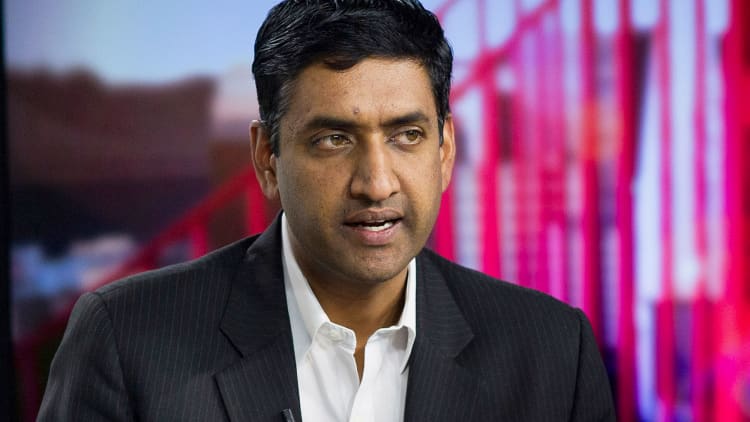Alphabet-owned Sidewalk Labs is releasing a 1500-page draft plan for a "smart" district in Toronto, Canada, and it shows the Google sister company is reigning back some of its involvement in many ways, amid local pushback.
The four-year old company, which aimed to create high-tech urbanization, has faced steep criticism from citizen groups and privacy advocates since it was selected as the funder and developer of the Toronto-based Quayside area a year and a half ago. The project, which was expected to include many sensors and technologies for tracking people and activity, has gotten more attention in recent weeks as big tech's power comes under scrutiny for its data collection practices.
"We heard that they don't want us to be the developer of the entire waterfront," CEO Dan Doctoroff said in a briefing, referring to Toronto citizens and community groups. "They want us to do the minimum necessary to create the impact that everyone agrees is their hope and dream for this waterfront so we completely reoriented our role in a way we think does that."
- Intelligent curbs will leverage real-time data and policies that gauge the most efficient use of curb space based on demand.
- Smart traffic signals that can adapt to the pace of slower pedestrians. They would also communicate with connected or self-driving vehicles to slow or quicken the pace of traffic.
- The first neighborhood built entirely of mass timber, a type of construction process that uses wood for core structural elements of large buildings.
- Moveable street furniture will allow for convertible streets to accommodate pedestrians and pop up shops.
- A freight "logistics hub" would feature a consolidated shipping center with underground delivery.
- It promises at least 1,700 affordable housing units.
The company aims to spend a total of $3.9 billion in those areas, including an $80 million dollar investment in creating a local lumber mill. Sidewalk said it expected $900 million of equity investment with local partners, across Quayside and Villiers West, which Sidewalk will call "The Idea District." Doctoroff said Sidewalk aims to get a 10 percent profit sharing deal with local government for 10 years for "certain technologies" deployed in the Idea district.
The plan will now go into public consultation where governments will ultimately decide later this year or early 2020.
Doctoroff, former deputy mayor for New York City under Michael Bloomberg, said he has heard from 21,000 people in Toronto over the last year and a half. "It's taken us 18 months and it's because this has been hard," he said in the call. "We've had to think and rethink dozens of initiatives. It was like a 50-sided Rubik's Cube."
WATCH: Google housing plan was a 'concrete step,' says Rep. Khanna



